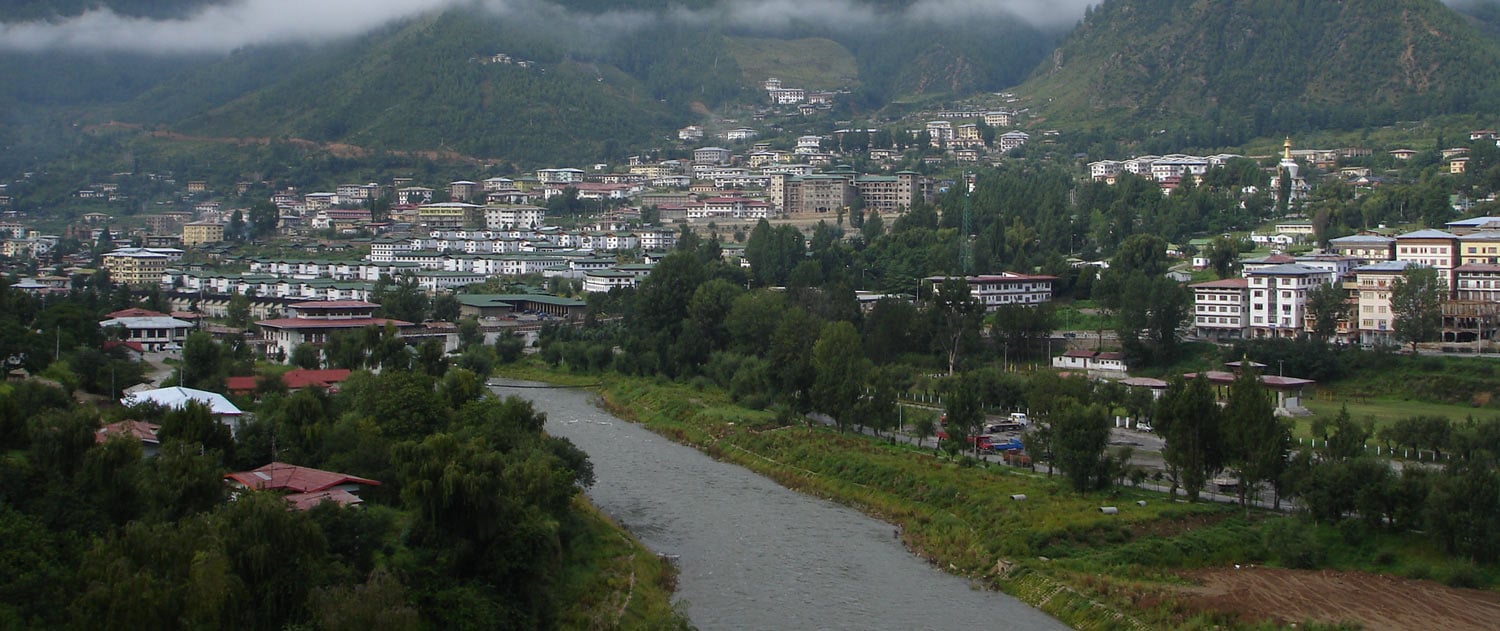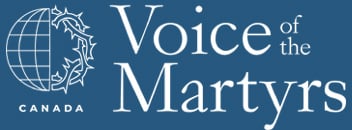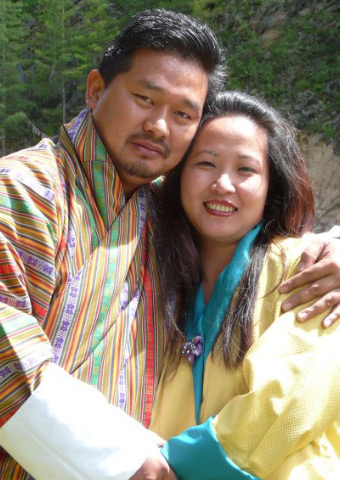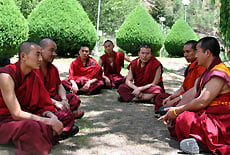
Bhutan
Bhutan has been dominated by Buddhism since the seventh century and prides itself in its strong history as a spiritual destination for mystics and ascetics. While Christians enjoyed a measure of freedom beginning in 1965, Bhutan again established tight restrictions in 1990. Bhutan’s constitution (2008) and other legislation officially protect religious freedom, but the country’s National Security Act (NSA) prohibits any “words either spoken or written, or by other means whatsoever, that promote or attempt to promote, on grounds of religion, race, language, caste, or community, or on any other ground whatsoever, feelings of enmity or hatred between different religious, racial, or language groups or castes and communities.” Essentially, conversions to any religion except Buddhism are considered foreign intrusions on the nation’s identity and stability.
Christians of any denomination make up less than three percent of the total population and are denied even the most basic rights of a Bhutanese citizen such as employment, free education and access to electricity and water. Most Christians must meet in homes and potentially face harassment, beatings and loss of citizenship. Despite concentrated efforts to silence believers, churches are being established and the Gospel is making some headway.

 Population
Population


